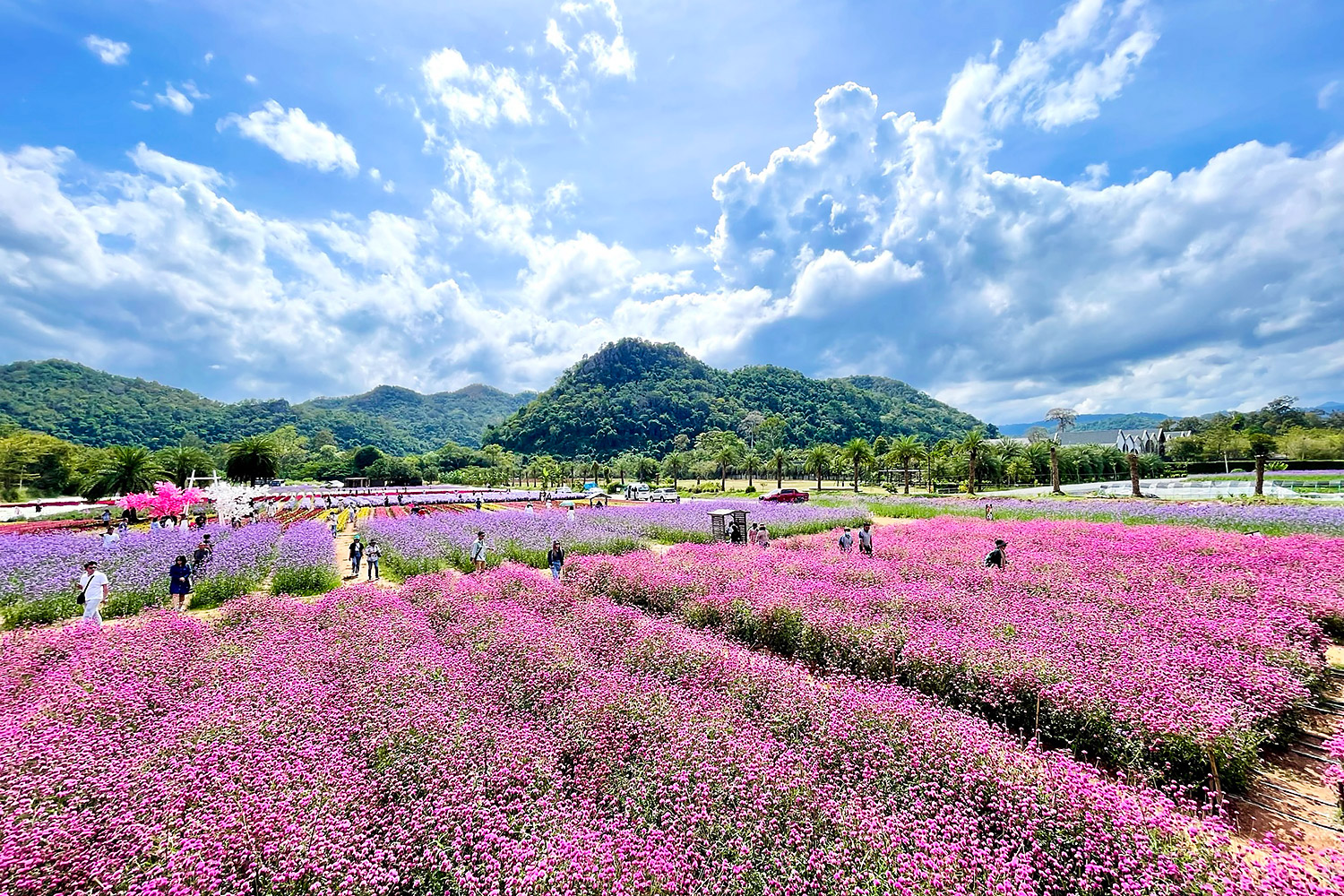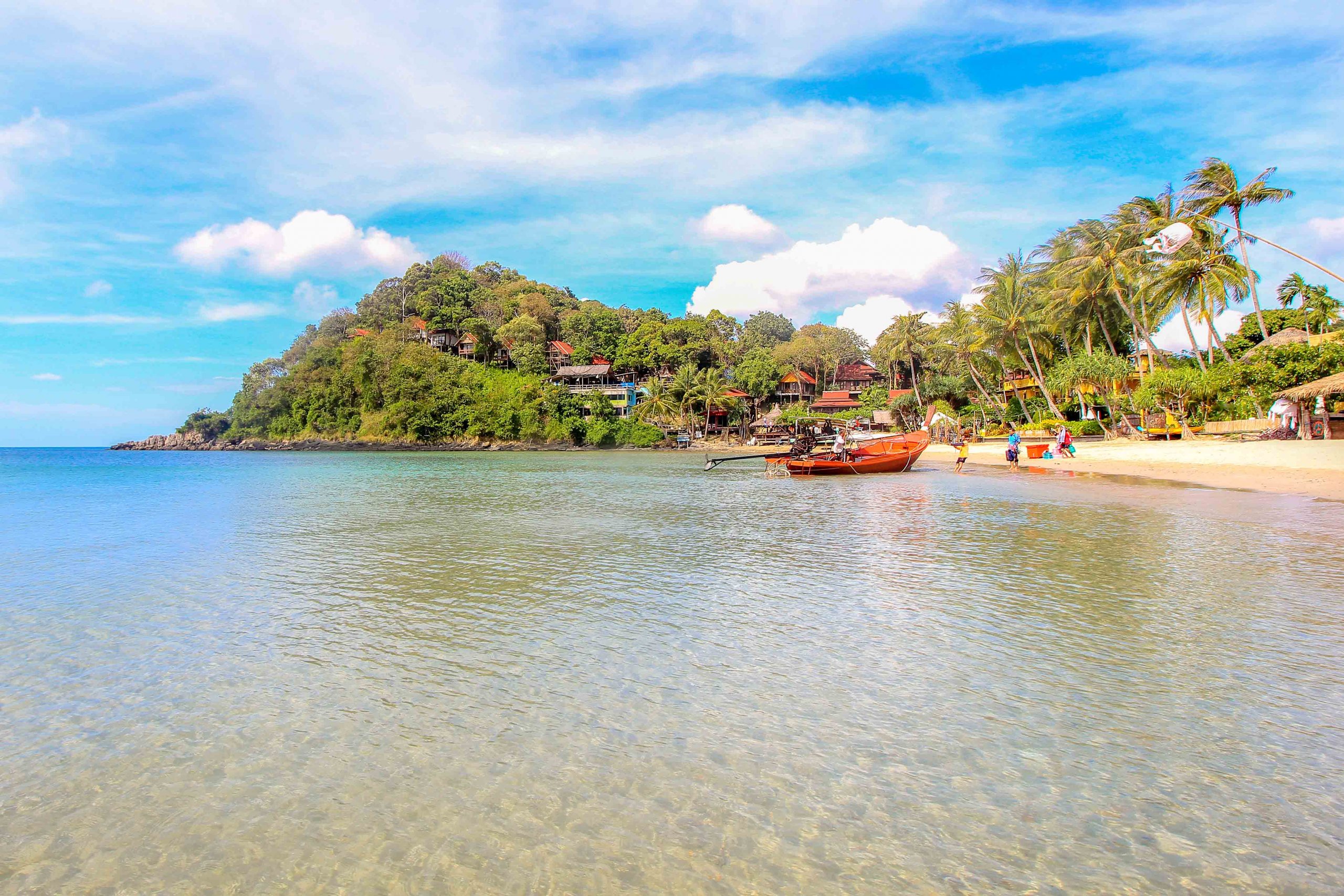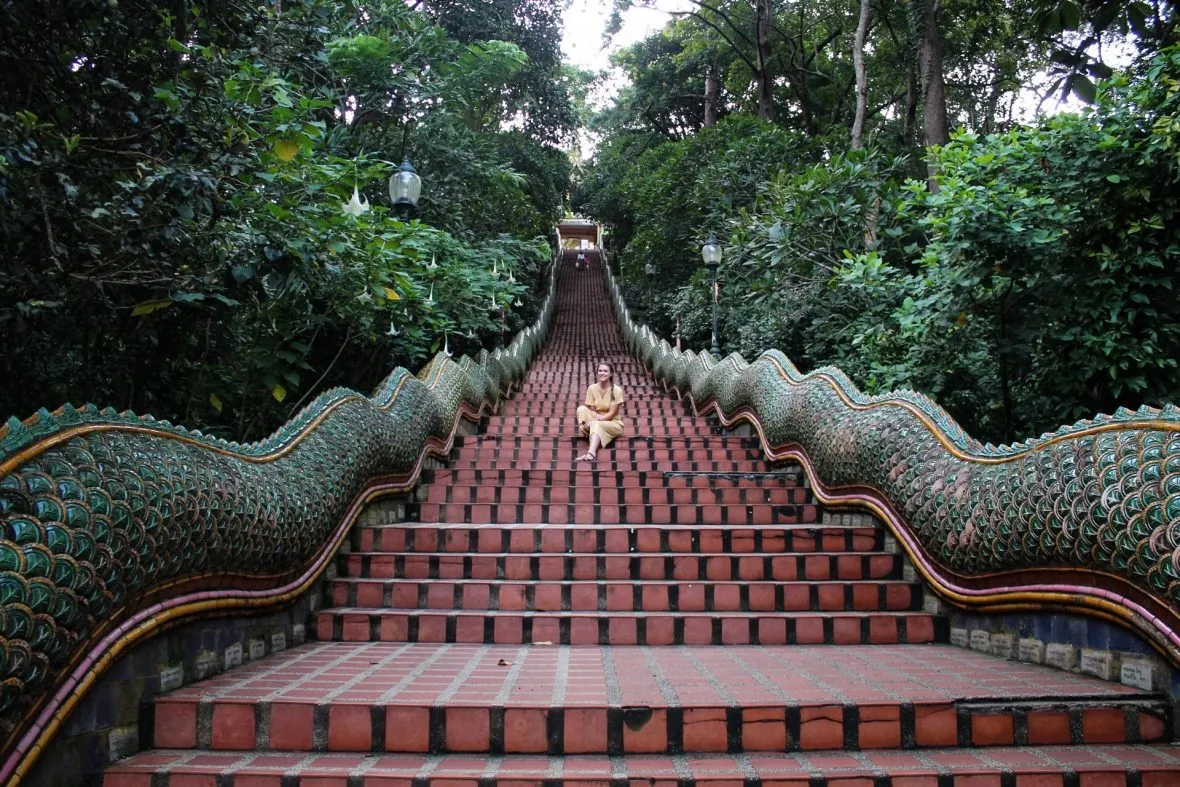Discovering Thailand’s Wellness Tourism Boom
Thailand is rapidly emerging as a global leader in wellness tourism, with its unique blend of natural beauty, rich culture, and holistic healing practices. The country’s wellness sector is valued at approximately 1.2 trillion baht (US$34.6 billion), ranking it 24th globally and showcasing its potential to attract health-conscious travelers from around the world. This growth is driven by an increasing global awareness of health and self-care, making Thailand a prime destination for those seeking rejuvenation and healing.
The Shift Towards Holistic Healing
Emphasizing Holistic Approaches
As wellness tourism evolves, there is a noticeable shift from traditional medical tourism to more holistic approaches. Retreats across Thailand are now focusing on integrating mind, body, and spirit through various therapies such as yoga, meditation, and traditional Thai healing practices. Facilities like The Sanctuary Thailand on Koh Pha Ngan exemplify this trend by offering detox programs and wellness retreats that emphasize personal growth and self-discovery in a serene environment.
Tailored Wellness Experiences
Wellness retreats in Thailand cater to diverse needs, providing personalized experiences that range from detoxification to mental health support. Centers such as Beekeeper House in Chiang Mai offer integrated rehabilitation services combining evidence-based therapies with holistic wellness practices, allowing guests to embark on a unique healing journey tailored to their specific needs. This customization enhances the appeal of wellness tourism in Thailand, attracting a broader audience seeking meaningful experiences.
The Role of Nature in Wellness Tourism
Leveraging Natural Resources
Thailand’s stunning landscapes—from lush mountains to tranquil beaches—play a crucial role in its wellness tourism appeal. The country’s natural resources are perfectly aligned with the wellness trend, offering organic foods, herbal remedies, and peaceful environments conducive to relaxation and rejuvenation. Retreats like Chiva-Som in Hua Hin leverage these natural elements by incorporating outdoor activities and organic meals into their wellness programs.
Eco-Friendly Practices
Many wellness retreats are also adopting eco-friendly practices that resonate with environmentally conscious travelers. By promoting sustainable tourism through organic farming, waste reduction, and conservation efforts, these retreats not only enhance the guest experience but also contribute positively to the local environment.
Economic Impact of Wellness Tourism
Contributing to Local Economies
The wellness tourism sector significantly contributes to Thailand’s economy, accounting for around 3% of the GDP. Wellness tourists tend to spend more than average travelers—about 61% more—due to their higher purchasing power and longer stays. This economic impact encourages investment in new wellness facilities and services, further solidifying Thailand’s position as a top destination for health-focused travel.
Future Growth Potential
With the global wellness industry projected to grow at an annual rate of 7.5%, Thailand is well-positioned to capitalize on this trend. The increasing demand for wellness services—ranging from beauty treatments to preventive medicine—indicates a bright future for the country’s wellness tourism sector. As travelers continue to prioritize health and well-being, Thailand’s offerings will likely expand to meet these evolving needs.
Embracing Wellness in Thailand
Thailand’s rise as a premier destination for wellness tourism reflects a broader cultural shift towards health consciousness and holistic living. With its rich traditions, stunning landscapes, and commitment to personalized care, the country offers an unparalleled experience for those seeking rejuvenation. As more travelers turn their attention toward wellness retreats, Thailand stands ready to welcome them with open arms and transformative experiences that promote lasting well-being.









